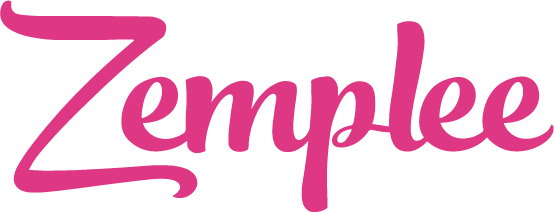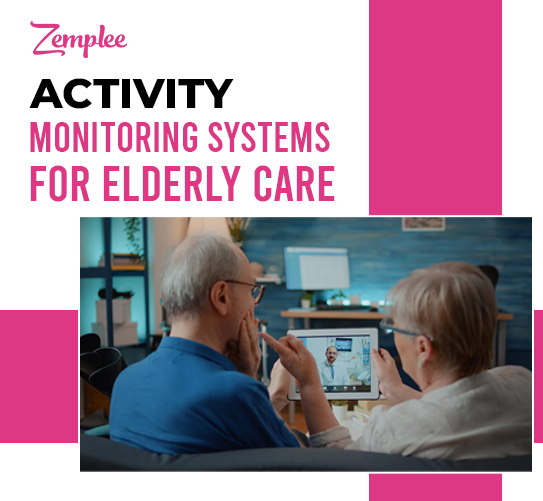As someone who has watched their aging parents grow more vulnerable with time, I know firsthand the concern that creeps in when you’re not around them. You wonder: Did they take their medication? Did they get out of bed this morning? What if they fall and no one’s there to help?
These are questions many families face every day. Thankfully, in 2025, we have technology that addresses these exact fears—activity monitoring systems for elderly care. These smart, discreet tools are transforming how we care for older adults, helping them live more safely, independently, and with dignity.
In this article, we’ll explore why these systems have become essential, what benefits they offer, the best solutions available, and how they fit into the larger picture of modern elderly care.
The Rise of Activity Monitoring in Elderly Care
Not long ago, elder care meant either hiring a full-time caregiver or moving your loved one into a care facility. While both options still exist, they come with emotional and financial costs. Today, families and healthcare providers are leaning into technology to bridge the gap between safety and independence.
Over the past few years, the elder care industry has seen an influx of smart home technology, wearable sensors, and AI-powered platforms. These tools allow us to monitor our loved ones from afar without making them feel watched or restricted. This shift isn’t just a tech trend—it’s a response to real societal change.
The number of seniors living alone is growing. And with families increasingly scattered across cities and countries, the traditional model of in-person caregiving isn’t always feasible. That’s why senior health monitoring using modern systems is becoming a norm—not an exception.
Key Benefits of Monitoring Systems for Seniors
When it comes to our elderly loved ones, peace of mind is priceless. Here’s how these systems provide it:
1. Instant Help When It’s Needed Most
One of the biggest risks for seniors is falling—especially when no one is around. Modern monitoring systems include fall detection that instantly alerts emergency contacts. It’s a feature you hope never gets used, but one that could save a life.
2. Less Stress for Caregivers
Whether you’re a full-time caregiver or just checking in daily, constant worry can lead to burnout. With a reliable monitoring system in place, caregivers can breathe a little easier knowing they’ll be alerted if something’s wrong.
3. Smart Insights from AI
Many systems now include AI health analytics for seniors. This means you’re not just getting alerts—you’re getting a deeper understanding of patterns. For instance, if a senior starts waking up more frequently at night or walking less, the system can flag it as a potential health concern.
4. More Freedom, Less Supervision
The goal isn’t to keep seniors under surveillance—it’s to help them maintain their independence safely. Elderly health tracking devices are often discreet and designed with respect for privacy, offering help only when needed.
5. Preventing Health Issues Before They Escalate
Think about this: What if you knew something was wrong before symptoms even showed up? With health monitoring devices for elderly, you can. These systems track subtle changes and may detect issues like infections or mobility problems before they become serious.
How Modern Technology Enhances Senior Safety
We live in a time where your home can talk to your phone—and your watch can call for help. Elder care has embraced this smart technology era in incredible ways:
- Motion sensors placed throughout the house learn daily routines and pick up on anything unusual.
- Wearable health monitors for elderly check vital signs like heart rate, oxygen levels, and temperature.
- AI-powered platforms gather all this information and give you easy-to-understand updates.
What’s truly impressive is how seamless these systems have become. For example, a wearable might track a senior’s heart rate and detect early signs of heart irregularity. That data can be shared with caregivers and even doctors, opening the door for early interventions.
In many cases, these systems don’t even require active participation from seniors. Devices run quietly in the background, creating a safety net without disrupting daily life.
Top Activity Monitoring Solutions for Elder Care
If you’re exploring options, you’ll be happy to know there’s no shortage of quality systems on the market. Here are a few top-rated solutions that are making a big difference:
1. CarePredict
This is more than just a health monitor for elderly folks. CarePredict learns behavioral patterns and uses AI to spot deviations. If Mom usually eats breakfast at 8 AM and suddenly skips it for two days, the system will let you know.
2. Vayyar Care
Privacy is a huge concern, and Vayyar addresses it perfectly. Instead of cameras, it uses radio-wave technology to detect movement, falls, and more—without capturing video.
3. QardioCore
Ideal for seniors with heart conditions, QardioCore offers continuous ECG and heart rate monitoring. It’s lightweight and wearable, and its medical-grade data is trusted by physicians.
4. WellAware Care
Focused on family caregiving, WellAware uses room-based sensors to track daily habits and sends insights directly to your phone. It’s great if you live far away and want updates without being invasive.
5. Lively by GreatCall
This solution combines a smartwatch and an app. It’s simple enough for most seniors to use and offers fall detection, medication reminders, and even direct access to emergency services.
Each of these systems can be tailored depending on your loved one’s needs—whether they require high-level medical oversight or just a watchful eye.
Why Activity Monitoring is Vital in 2025 Elderly Care
Elder care in 2025 is all about personalization, proactivity, and preserving independence. Here’s why activity monitoring systems are no longer a luxury but a necessity:
- Aging in Place is Now Mainstream More and more seniors are choosing to stay in their own homes. But that decision comes with risks unless supported by a reliable monitoring system.
- Chronic Conditions Are Common From diabetes to early dementia, many health conditions can benefit from consistent tracking. Health monitoring devices for seniors help catch early warning signs that might be missed otherwise.
- Families Are Geographically Spread Out Maybe you live across the country—or across the world. These systems offer peace of mind without you needing to be physically present.
- Healthcare Is Shifting to Preventative Care Hospitals are expensive, and recovery can be difficult. Preventing health crises through early detection is more important than ever.
What Should You Look for in a Monitoring System?
With so many products on the market, choosing the right one can feel overwhelming. Here are a few must-haves:
- User-Friendly Design: Look for something easy for both seniors and caregivers to operate.
- Reliable Emergency Alerts: Instant notifications can make all the difference in a crisis.
- Personalized Monitoring Options: The best systems adapt to your loved one’s habits and needs.
- Data Security: Ensure your data stays private and protected.
- Integration with Other Tools: If your senior is already using elderly health tracking devices, choose a system that plays well with them.
The Takeaway: Smart Care for a Safer Future
The days of reactive elder care are fading. In their place, we now have intelligent systems that work quietly behind the scenes to protect the people we love most.
If you’ve ever felt torn between respecting a senior’s independence and ensuring their safety, you’re not alone. The beauty of modern activity monitoring systems for elderly care is that you no longer have to choose. You can offer both.
It’s not about replacing human touch—it’s about enhancing it. Giving you the tools to be a more effective caregiver and giving your loved one the freedom to live life on their terms.
So don’t wait for a health scare to consider your options. Start exploring health monitoring devices for elderly today. Because in this fast-moving world, the best care is the kind that thinks ahead.
Looking for a trusted solution? Browse the latest health monitors for elderly individuals and take the first step toward safer, smarter care.


